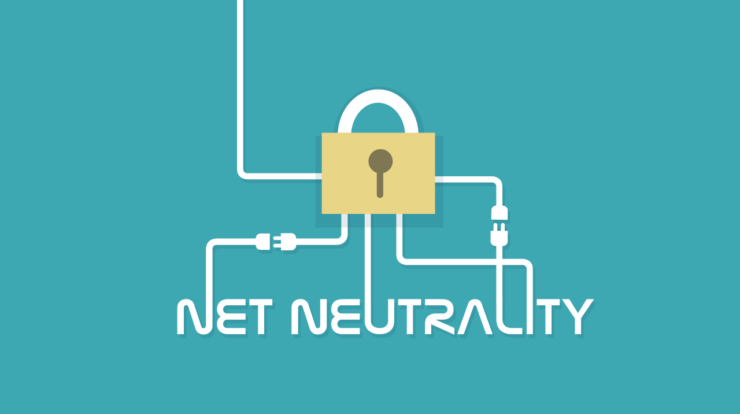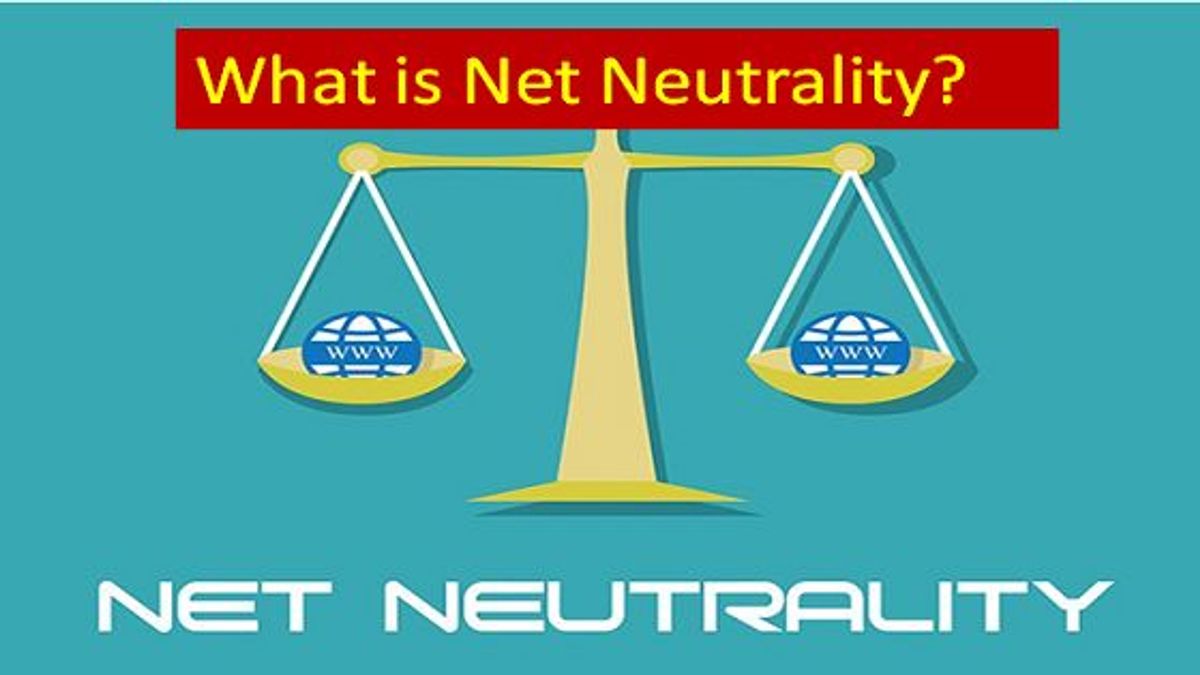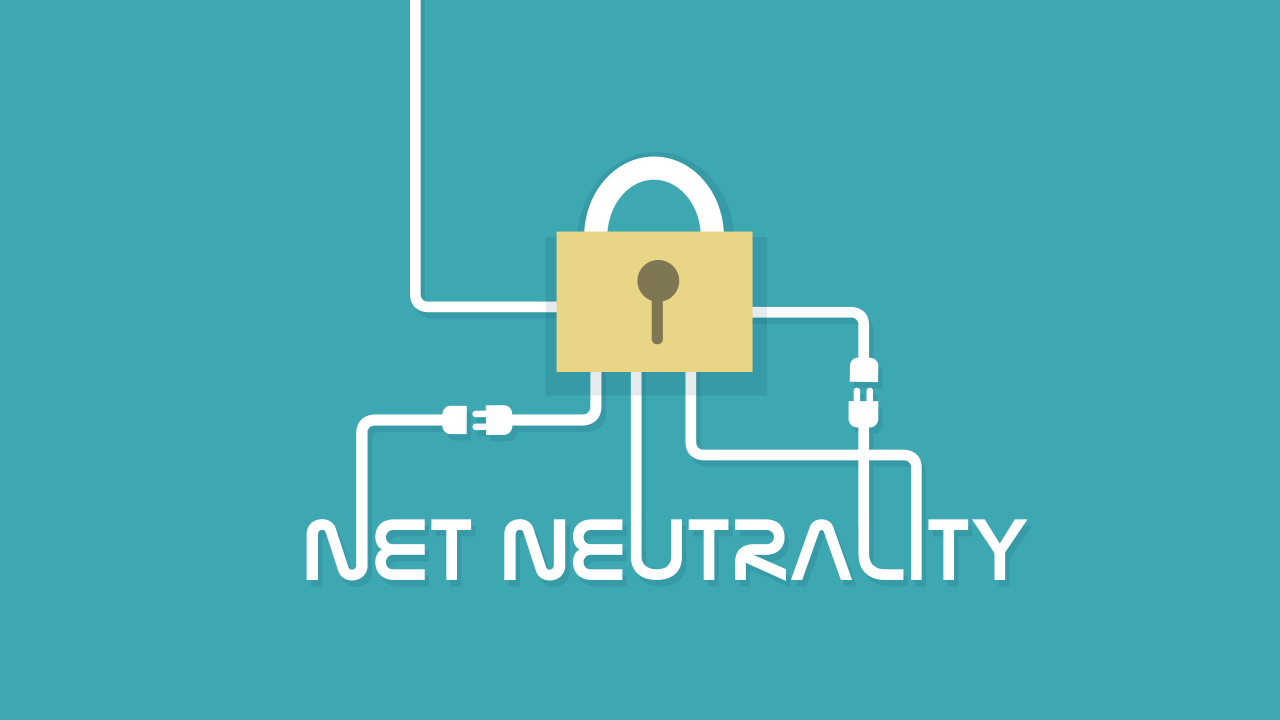
The net neutrality definition is a hot topic that has sparked fierce debates and regulatory actions worldwide. This principle ensures that internet service providers (ISPs) treat all internet traffic equally, regardless of its source, destination, or content. Understanding the net neutrality definition is crucial for consumers, businesses, and policymakers alike.
This comprehensive guide will delve into the intricacies of net neutrality, exploring its historical development, arguments for and against its implementation, key regulations in different countries, and the ongoing debates surrounding its future. We will also provide insights into the potential impact of new technologies on net neutrality and the evolving regulatory landscape.
Net Neutrality Definition
Net neutrality is the principle that internet service providers (ISPs) should treat all internet traffic equally, without discriminating against any particular content, website, or application.
This means that ISPs cannot block, throttle, or charge more for access to certain content or services. Net neutrality is essential for maintaining a free and open internet, where everyone has equal access to information and services.
Examples of Net Neutrality Violations
- In 2007, Comcast was caught blocking BitTorrent traffic, which is used to share large files.
- In 2011, AT&T was accused of throttling traffic from Netflix, which led to slower streaming speeds for Netflix customers.
- In 2014, Verizon introduced a new pricing plan that charged customers more for using certain apps and services, such as Netflix and Hulu.
Historical Development of Net Neutrality
The concept of net neutrality has been around since the early days of the internet. However, it was not until the early 2000s that net neutrality became a major issue. In 2005, the Federal Communications Commission (FCC) adopted its first set of net neutrality rules.
These rules were later overturned by a federal court in 2010. In 2015, the FCC adopted a new set of net neutrality rules, which were upheld by a federal court in 2016. However, in 2017, the FCC repealed the 2015 net neutrality rules.
Arguments for Net Neutrality
There are many arguments in favor of net neutrality. Some of the most common arguments include:
Benefits for Consumers
- Net neutrality protects consumers from being discriminated against by ISPs.
- Net neutrality ensures that consumers have equal access to all content and services on the internet.
- Net neutrality promotes competition and innovation by allowing new companies to enter the market and offer new services.
Arguments for Businesses
- Net neutrality creates a level playing field for businesses, regardless of their size or resources.
- Net neutrality encourages innovation by allowing businesses to develop new products and services without fear of being blocked or throttled by ISPs.
- Net neutrality helps to ensure that businesses can reach their customers without paying exorbitant fees to ISPs.
Role in Fostering Innovation and Competition
Net neutrality is essential for fostering innovation and competition on the internet. Without net neutrality, ISPs could block or throttle new and innovative services, making it difficult for them to compete with established companies. Net neutrality also ensures that consumers have access to a wide range of content and services, which promotes competition and innovation.
Arguments Against Net Neutrality: Net Neutrality Definition

There are also some arguments against net neutrality. Some of the most common arguments include:
Arguments from ISPs
- ISPs argue that net neutrality regulations are unnecessary and harmful to investment.
- ISPs argue that they need to be able to manage their networks in order to provide the best possible service to their customers.
- ISPs argue that net neutrality regulations will lead to higher prices for consumers.
Potential Harm to Consumers
- Some argue that net neutrality regulations could harm consumers by preventing ISPs from offering new and innovative services.
- Others argue that net neutrality regulations could lead to higher prices for consumers, as ISPs pass on the costs of compliance to their customers.
Economic Consequences
- Some argue that net neutrality regulations could have a negative impact on the economy by stifling innovation and investment.
- Others argue that net neutrality regulations are necessary to protect the economy by ensuring that all businesses have equal access to the internet.
Net Neutrality Regulations
Net neutrality regulations vary from country to country. In the United States, the FCC has adopted a set of net neutrality rules that prohibit ISPs from blocking, throttling, or charging more for access to certain content or services. These rules have been challenged in court, but they have been upheld by a federal court.
However, the FCC has recently proposed repealing the net neutrality rules.
In other countries, such as the European Union, net neutrality regulations are more stringent. In the EU, ISPs are required to treat all internet traffic equally, regardless of its source or destination. This means that ISPs cannot block, throttle, or charge more for access to certain websites or applications.
Enforcement Mechanisms
The enforcement of net neutrality regulations varies from country to country. In the United States, the FCC is responsible for enforcing the net neutrality rules. The FCC can investigate complaints of net neutrality violations and impose fines on ISPs that violate the rules.
In the European Union, the enforcement of net neutrality regulations is the responsibility of national regulatory authorities. These authorities can investigate complaints of net neutrality violations and impose fines on ISPs that violate the rules.
Challenges and Limitations, Net neutrality definition
There are a number of challenges and limitations to net neutrality regulations. One challenge is that it can be difficult to define what constitutes a net neutrality violation. Another challenge is that it can be difficult to enforce net neutrality regulations, especially in cases where ISPs use sophisticated techniques to avoid detection.
Future of Net Neutrality

The future of net neutrality is uncertain. In the United States, the FCC has proposed repealing the net neutrality rules. If the FCC repeals the net neutrality rules, it is likely that ISPs will begin to block, throttle, or charge more for access to certain content or services.
This could have a significant impact on the internet, as we know it.
In other countries, the future of net neutrality is also uncertain. The European Union is currently considering revising its net neutrality regulations. It is unclear what changes will be made to the regulations, but it is possible that they will be strengthened.
The future of net neutrality will depend on a number of factors, including the actions of governments, ISPs, and consumers. It is important for all stakeholders to be aware of the importance of net neutrality and to work to protect it.
Epilogue
The net neutrality debate is far from over, with ongoing discussions and regulatory actions shaping its future. As technology continues to advance and the internet becomes increasingly central to our lives, the net neutrality definition will remain a critical issue that requires careful consideration and balanced decision-making.
FAQ Corner
What is the core principle of net neutrality?
Net neutrality ensures that ISPs treat all internet traffic equally, without discrimination or prioritization.
Why is net neutrality important for consumers?
Net neutrality protects consumer choice, innovation, and competition by preventing ISPs from favoring certain websites or services.
What are the potential economic consequences of net neutrality regulations?
Net neutrality regulations may impact ISPs’ investment decisions and could potentially lead to higher prices for consumers.